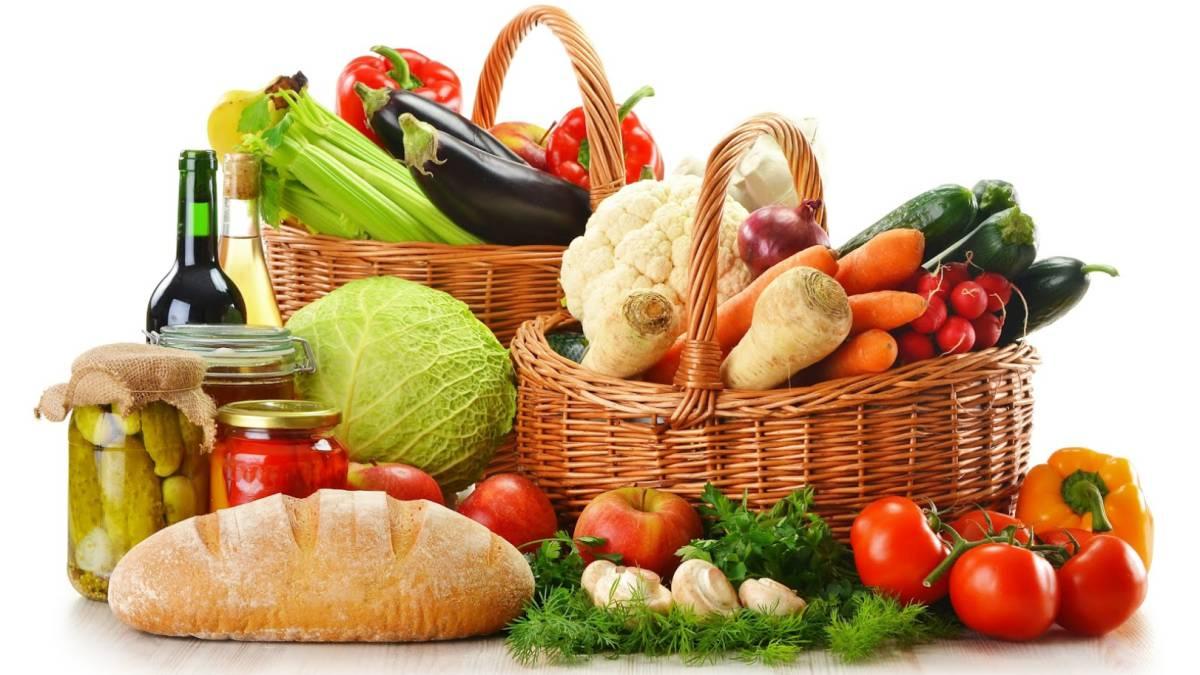
What is sustainable food and how we can collaborate with the environment
In a world where the environmental footprint of our actions is increasingly more evident, sustainable food emerges as an integral solution for taking care of our planet.
But, what does this concept really mean? In essence, it involves choosing and consuming food that, in addition to nourishing our body, respects and preserves natural resources and biodiversity. It is a holistic approach which encompasses from sustainable agriculture to conscious consumption.
Collaborating with the environment through our food is an opportunity for each one of us to contribute to a greener and healthier future. By making informed decisions about what we put on our plates, we can decrease our carbon footprint, protect ecosystems and promote a more equitable and sustainable economy.
Sustainable food is not only a trend, it’s an urgent need and a shared responsibility in order ensure the wellbeing of present and future generations.
Key concepts in sustainable food
Sustainable agriculture is one of the pillars of this type of food. It focusses on cultivation techniques that respect the ecological balance, reduce the use of harmful chemicals and promote biodiversity.
For example, crop rotation and organic farming are sustainable practices that improve soil health and decrease the environmental impact of food production.
Another key term is food carbon footprint, that measures the amount of greenhouse gases emitted when producing, transporting and storing our food. Reducing it is essential for combating climate change. This can be achieved by opting for local and seasonal products, and decreasing the consumption of meat and dairy products.
The sustainable supply chain plays an important role, ensuring that each link, from the producer to the consumer, operates ethically and responsibly. This involves fair trade and fair payment practices for farmers, contributing to greater sustainability in the global food system.
Benefits of sustainable food
Sustainable food not only has a positive environmental impact, it also offers significant benefits for human health and the preservation of biodiversity.
- By choosing food produced sustainably, we reduce exposure to pesticides and harmful chemicals, which translates into a cleaner and more nutritious diet.
- In addition, food sustainability promotes the consumption of fresh and seasonal products, that are usually richer in nutrients and beneficial for our health.
- From the environmental perspective, it plays a crucial role in conserving biodiversity.By supporting agricultural practices that respect the natural cycles and biological diversity, ecosystems are protected and the resilience of species is promoted.
As regards mitigating climate change, sustainable food contributes significantly. Adopting regenerative agricultural practices, reducing meat consumption and decreasing food waste helps to reduce greenhouse gas emissions.
By making conscious food decisions, every individual can play an active role in the fight against climate change. At the same time, this helps to promote a healthier lifestyle and a greener planet.
How can we collaborate with the environment through our food
Collaborating with the environment through our food is a practical and effective way of contributing to the sustainability of the planet. These are a few tips for adopting a more sustainable diet:
- Reduce meat consumption: meat production has a high environmental impact due to the use of resources and greenhouse gas emissions. By doing so, opting for a more plant-based diet can significantly reduce our ecological footprint.
- Choose local and seasonal products: buy locally produced and seasonal products reduces the distance food has to travel, therefore decreasing transport emissions. In addition, seasonal products are usually fresher and more nutritional.
- Minimize food waste: plan meals, buy consciously and making the most of food can help to reduce food waste. Yes indeed, this is an important source of greenhouse gas emissions.
In order to involve the community and promote food sustainability at a local level, you can undertake the following:
- Participate in farmers’ markets and support local producers.
- Organise workshops and educational events on sustainable food and trash cooking.
- Create community gardens to promote local food production and connecting with nature.
These actions not only benefit the environment, but also strengthen the community and promote healthier and more conscious lifestyles.
